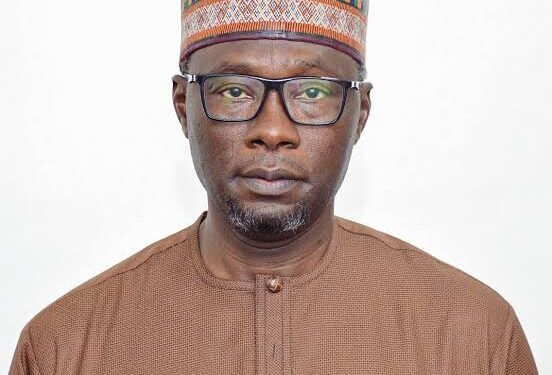Introduction
In His infinite wisdom, Allah Ta’ala has created the human body with remarkable systems that function seamlessly without our awareness. One of these systems is the kidneys, which purify our blood 36 times a day without any conscious effort from us. However, when the kidneys fail, a person must undergo dialysis—a lengthy and exhausting medical procedure—to remove toxins from the blood. Reflecting on this reminds us of the countless blessings of Allah and the importance of gratitude and care for our health.
The Mercy of Allah in Our Bodies
The Qur’an reminds us of Allah’s countless blessings:
“And if you should count the favours of Allah, you could not enumerate them. Indeed, Allah is Forgiving and Merciful.”
(Surah An-Nahl 16:18)
One of these blessings is the natural filtration system of the kidneys, which functions effortlessly throughout our lives. Yet, many people take this gift for granted until illness strikes. When kidney function declines, dialysis becomes necessary. This process involves blood removal, purification through a machine, and reintroduction into the body. It is repeated 12 times a month and takes 48 hours in total—a stark contrast to the body’s natural, continuous cleansing.
As Allah repeatedly asks in Surah Ar-Rahman (55:13):
فَبِأَيِّ آلَاءِ رَبِّكُمَا تُكَذِّبَانِ
“Then which of the favours of your Lord will you deny?”
The Prophet Muhammad (PBUH) also taught us to recognise and appreciate health before we lose it:
“Take advantage of five before five: your youth before your old age, your health before your sickness, your wealth before your poverty, your free time before your preoccupation, and your life before your death.”
(Narrated by Al-Hakim and Al-Bayhaqi)
Ijma’ (Scholarly Consensus) on Preserving Health
Islamic scholars unanimously agree that preserving one’s health is a religious duty. This falls under the principle of “Hifdh an-Nafs” (protection of life), which is one of the five essential objectives (Maqasid) of Shari’ah. Classical scholars such as Imam Al-Ghazali and Ibn Qayyim emphasised that maintaining good health is necessary to fulfil one’s religious and worldly obligations.
Ijma’ affirms that seeking medical treatment is necessary, permissible and encouraged in Islam. The Prophet (PBUH) said:
“Oh, servants of Allah, seek treatment, for indeed Allah has not made a disease without making a cure for it, except for old age.”
(Sunan Ibn Majah 3436)
This consensus highlights the importance of caring for our bodies, including kidneys, by adopting healthy habits and avoiding harmful substances.
Taking Care of Our Kidneys: An Islamic Responsibility
Islam encourages maintaining good health, enabling us to fulfil our daily and religious duties. The Prophet (PBUH) said:
“There are two blessings which many people waste: health and free time.”
(Sahih al-Bukhari 6412)
To protect our kidneys, we should reduce harmful substances such as:
Caffeine (which can lead to dehydration)
Paracetamol (excessive use can harm the kidneys)
Alcohol (forbidden in Islam and harmful to organs)
Salt (excessive intake leads to high blood pressure and kidney damage)
Sugar (can contribute to diabetes, a leading cause of kidney failure)
Instead, we should increase beneficial habits such as:
Getting enough sleep (rest helps kidney function)
Regular exercise (improves blood circulation)
Exposure to sunlight (enhances vitamin D production)
Drinking sufficient water (flushes toxins from the body)
Eating fresh fruits and vegetables (supports overall health)
Gratitude to Allah: The Ultimate Protection
Above all, we must recognise that our well-being is a gift from Allah. The Qur’an reminds us:
“And when your Lord proclaimed: ‘If you are grateful, I will surely increase your favour; but if you deny, indeed, My punishment is severe.’”
(Surah Ibrahim 14:7)
Our kidneys’ daily dialysis is an example of Allah’s mercy, for which we should express gratitude. The best way to do this is by using our health wisely—obeying Allah, performing acts of worship, and taking care of our bodies as a trust (Amanah) from Him.
Conclusion
Your health is your wealth, which is a trust(Amanah) from Allah. Let us be mindful of our blessings and take steps to preserve them. “Which of the favours of your Lord will you deny?”
May Allah grant us good health, protect us from illness, and make us among those who are grateful. Amin Thumma Amin, Ya Hayyu Ya Qayyum.
Allah, the All-Wise and All-Knowing, is the absolute Best in judgment and decree.















































